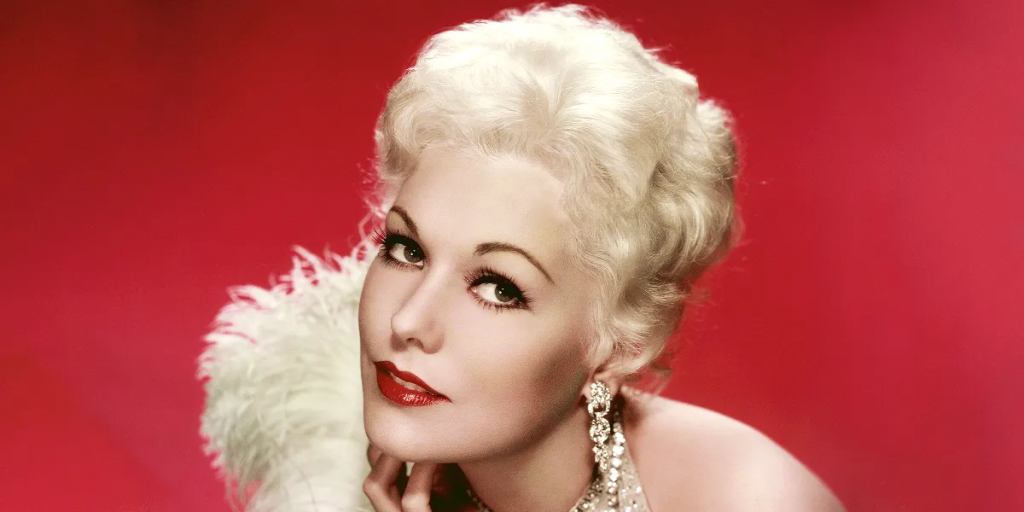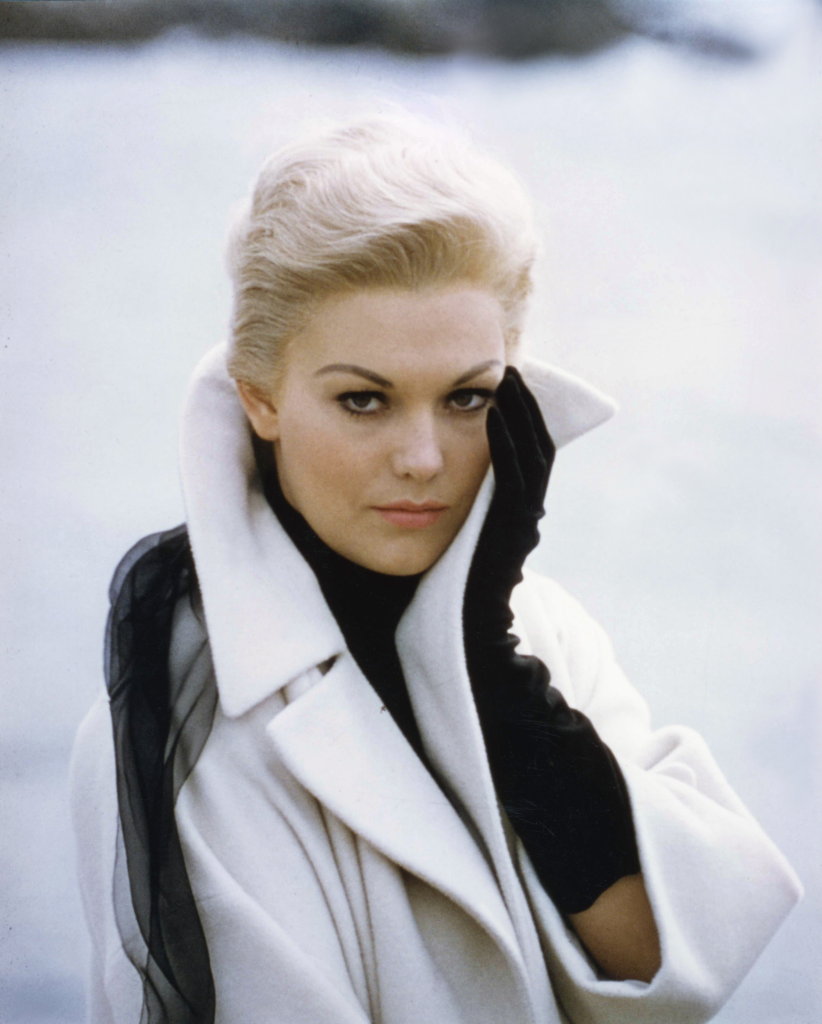
Kim Novak was once one of the most iconic faces in classic Hollywood. She graced the screen with timeless elegance in films like Vertigo and Picnic. But in a rare, vulnerable interview at 88, the actress opened up about something that still haunts her—not a film role, not a lost love, but a decision she made with her appearance.
Video: How Actress Kim Novak Reacted to a 2014 Trump Tweet About Her Plastic Surgery
Let’s rewind to the 2014 Oscars. Novak, radiant but changed, stepped back into the spotlight. Instead of applause, she was met with shock and, sadly, ridicule. The culprit? Fat injections in her face—something she now calls “the stupidest thing I could have done.”
The beauty standards of Hollywood never truly retire. Novak, like many aging stars, felt the pressure—even after years out of the limelight. She wasn’t looking for a dramatic overhaul, just a little help. “I didn’t want a facelift or anything like that,” she said. “So I went to a doctor and he put some fat injections in my face.”

What she hoped would be a gentle enhancement turned into an image she barely recognized. “It filled out my cheeks so I looked different,” she admitted. “And my face was already too round.”
It was a small choice. But it came with a very public price.
The backlash came fast and furious. Online comments rolled in by the thousands. Instead of celebrating a legend returning to the stage, people tore her down. Some mocked her appearance; others questioned her decision-making. Even a former U.S. president weighed in, tweeting that she should sue her plastic surgeon.

Novak, who has always been known for her quiet strength and sensitivity, was deeply hurt. “I take things to heart too much,” she said. “I was too vulnerable for Hollywood.”
And just like that, her brief return to public life pushed her further away. The very place that once celebrated her now made her feel like a stranger in her own skin.
Video: Sunday Profile – Kim Novak
In her interview, Novak spoke about the illusion of beauty—and the trap it can become, especially for women in Hollywood. “It’s exciting to dress up in gorgeous clothes and to feel sexy and to look sexy,” she said. “It’s wonderful, but it’s a trap.”
The danger, she explained, is in letting beauty be your foundation. “You become satisfied with that being enough. Then later in life, it isn’t enough.” And for many, that shift is devastating.

She’s seen it firsthand—actors and actresses whose confidence crumbled once the attention faded. Novak didn’t want to be one of them. But she admits, for a moment, she fell into that same cycle of insecurity.
What Novak learned from the experience is something many women—especially those aging in a world obsessed with youth—can relate to. “I didn’t need it,” she said plainly. It wasn’t about looking younger. It was about searching for validation in a world that measures worth by appearances.

And when that validation turned into judgment, it stung.
But Novak’s honesty is powerful. She isn’t pretending. She’s not spinning the story to save face. She’s saying, “I made a mistake, I regret it—and I learned from it.”

In a culture where everyone seems eager to hide behind filters and cosmetic edits, her truth is refreshing.
Kim Novak could’ve stayed silent. She could’ve disappeared and never spoken about the Oscars again. But instead, she chose to share her story—not to gain sympathy, but to offer perspective.

Her message is clear: don’t let the fear of aging push you into decisions you might regret. Beauty is fleeting, yes. But self-worth doesn’t have to be.

Hollywood may idolize youth, but Novak’s voice is a powerful reminder that authenticity lasts far longer than any cosmetic procedure.
Video: Kim Novak Before And After
Kim Novak may have been known for her beauty in the 1950s, but her real power today lies in her voice—and in her honesty. At 88, she’s not trying to be what she was. She’s showing the world who she is now: wise, vulnerable, and still unshakably human.


Her regret over the fat injections is real, but it doesn’t define her. What does define her is the courage to speak up, admit the truth, and remind us all that aging with grace means more than holding onto looks—it means embracing who you’ve become.